The Scattering and the Gathering
In a bustling café in Lagos, a young entrepreneur finalises a business deal with her cousin in Toronto. In London, a doctor hosts a virtual dinner party with family members spread across five continents. In São Paulo, an artist collaborates with musicians in Johannesburg and New York on a song that will debut simultaneously in all three cities. These scenes, playing out thousands of times daily across the globe, tell a new story about what it means to be African in the 21st century.
The African diaspora - approximately 150 million souls spread across every continent - represents one of humanity's great dispersions. Yet what was once a story of separation has become, in the digital age, a narrative of unprecedented connection. The same technologies that have reshaped global communication have created something extraordinary: the possibility of a diaspora that is scattered physically but united digitally.
The Numbers Tell a Story
Consider the scale: If the African diaspora were a country, it would be the world's ninth most populous nation. This dispersed population generates an estimated $2.5 trillion in annual economic activity. In the United States alone, African immigrants have higher educational attainment rates than the general population. In Europe, African diaspora communities are reshaping cities from Paris to Berlin. In Asia, African traders and entrepreneurs are building new bridges between continents.
Yet until recently, this vast network operated in silos. Nigerian communities in Houston had little connection to Senegalese communities in Paris. Ethiopian entrepreneurs in Silicon Valley operated separately from Ghanaian tech innovators in London. The diaspora was less a network than an archipelago - islands of culture and connection separated by vast digital oceans.
The Digital Bridge
Enter the smartphone. Enter social media. Enter the age of instant, global, affordable communication. Suddenly, the barriers that kept diaspora communities isolated began to crumble. WhatsApp groups connected extended families across continents. Instagram allowed cultural creators to share their work instantly with global audiences. LinkedIn enabled professional networks to span hemispheres.
But these were just the early tremors of a larger shift. What we're witnessing now is the emergence of purpose-built digital infrastructure designed specifically to unite the African diaspora. Not as passengers on platforms built for other purposes, but as architects of their own digital destiny.
From Fragmentation to Federation
The transformation is profound. Where once diaspora identity was maintained through occasional remittances and annual visits home, it now pulses through fiber optic cables and satellite signals every second of every day. A grandmother in Nairobi can watch her grandchild's first steps in real-time in Minneapolis. A startup founder in Kigali can get mentorship from a venture capitalist in San Francisco. A fashion designer in Dakar can sell directly to customers in Dubai.
This isn't just about maintaining connections to home - it's about creating an entirely new form of collective identity. Digital diasporas don't just preserve culture; they evolve it. They create new traditions, new forms of expression, new ways of being African that transcend the limitations of geography.
The Three Digital Bridges
Three critical bridges enable this digital union:
- The Communication Bridge: Platforms that allow real-time, multi-modal communication across time zones and continents. Not just text and voice, but video, virtual reality, and shared digital experiences that create presence across distance.
- The Cultural Bridge: Digital spaces where cultural knowledge, traditions, and innovations are shared, preserved, and transformed. From TikTok dances that go viral globally to online markets for traditional crafts, culture flows in all directions.
- The Economic Bridge: Financial infrastructure that enables seamless economic participation regardless of location. From mobile money to cryptocurrency, from e-commerce to remote work platforms, economic barriers dissolve in the digital realm.
The Network Effect of Identity
Here's where it gets interesting: As more members of the diaspora connect digitally, the value of the network increases exponentially. Each new connection doesn't just add one more node - it multiplies the possibilities for collaboration, commerce, and cultural exchange.
A musician in Lagos connects with a producer in Los Angeles, leading to a collaboration that introduces both to new audiences. Their success inspires others. Soon, a web of creative partnerships spans the globe, each connection strengthening the whole network.
This network effect applies to every domain - business, education, arts, technology. The diaspora becomes more than the sum of its parts. It becomes a distributed superorganism, capable of coordinated action at unprecedented scale.
Digital Tools for Diaspora Unity
The tools enabling this transformation are evolving rapidly:
- Identity Platforms: Systems that verify and celebrate African identity while respecting privacy and individual autonomy
- Cultural Archives: Digital repositories that preserve and share cultural knowledge across generations
- Economic Networks: Platforms that facilitate trade, investment, and financial services within the diaspora
- Educational Hubs: Online universities and skill-sharing platforms that democratise access to knowledge
- Governance Systems: Digital decision-making tools that allow distributed communities to coordinate effectively
The Challenges We Must Address
Digital unity isn't without its challenges. The digital divide means not all diaspora members have equal access to these tools. Language barriers persist - though AI translation is rapidly breaking them down. Cultural differences within the diaspora sometimes create friction in digital spaces.
There's also the question of authenticity. How do we preserve the essence of African cultures while embracing digital transformation? How do we ensure that digitisation enhances rather than erases traditional ways of knowing and being?
The Path Forward
The answer lies not in choosing between tradition and technology, but in wielding technology in service of cultural continuity and evolution. Digital diasporas succeed when they:
- Honour the past while building the future - Using technology to preserve and transmit traditional knowledge while creating new forms of cultural expression
- Include everyone - Building systems that work for the grandmother in the village and the programmer in Silicon Valley
- Create value for all participants - Ensuring that digital participation leads to tangible benefits - economic, social, cultural, and spiritual
- Maintain autonomy - Resisting the colonisation of digital spaces by building and owning our own platforms
- Foster genuine connection - Using technology to deepen rather than replace human relationships
A New Chapter in an Ancient Story
The story of the African diaspora is ancient - dating back millennia to the first human migrations out of Africa. But we are writing a new chapter, one where physical distance no longer means cultural disconnection. Where the phrase "we are all African" takes on new meaning in digital spaces that recognize no borders.
The 150 million members of the African diaspora are no longer scattered fragments but nodes in a vast, interconnected network. Each connection strengthens the whole. Each innovation benefits all. Each story adds to our collective narrative.
We are witnessing the birth of something unprecedented: a truly global African community, united not by geography but by shared identity, common purpose, and digital infrastructure designed for cultural sovereignty.
The diaspora is uniting digitally. The question is not whether this will happen - it's already happening. The question is how we'll shape this union to serve our highest aspirations. How we'll use these tools to build not just connections, but community. Not just networks, but a new way of being African in the world.
This is our moment. This is our opportunity. To transform separation into strength. To turn distance into connection. To build the world's first truly digital diaspora.
Welcome to the future of African identity. Welcome to the digital union of the scattered. Welcome home.

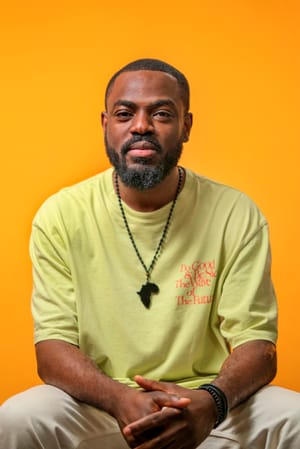
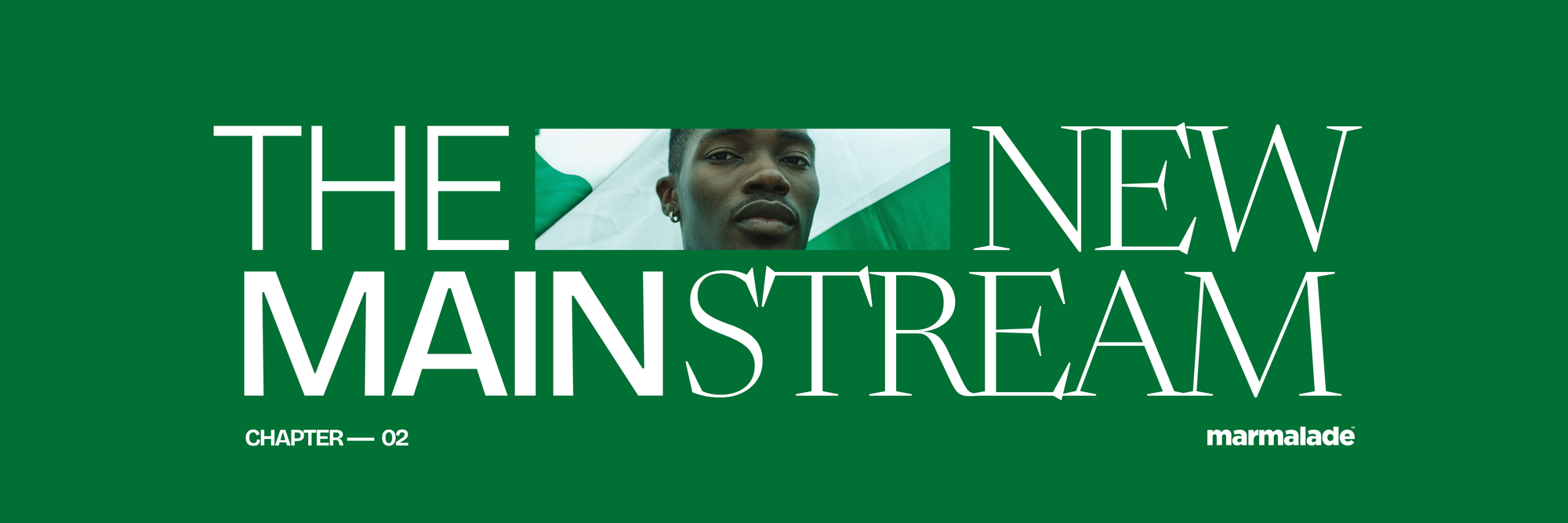
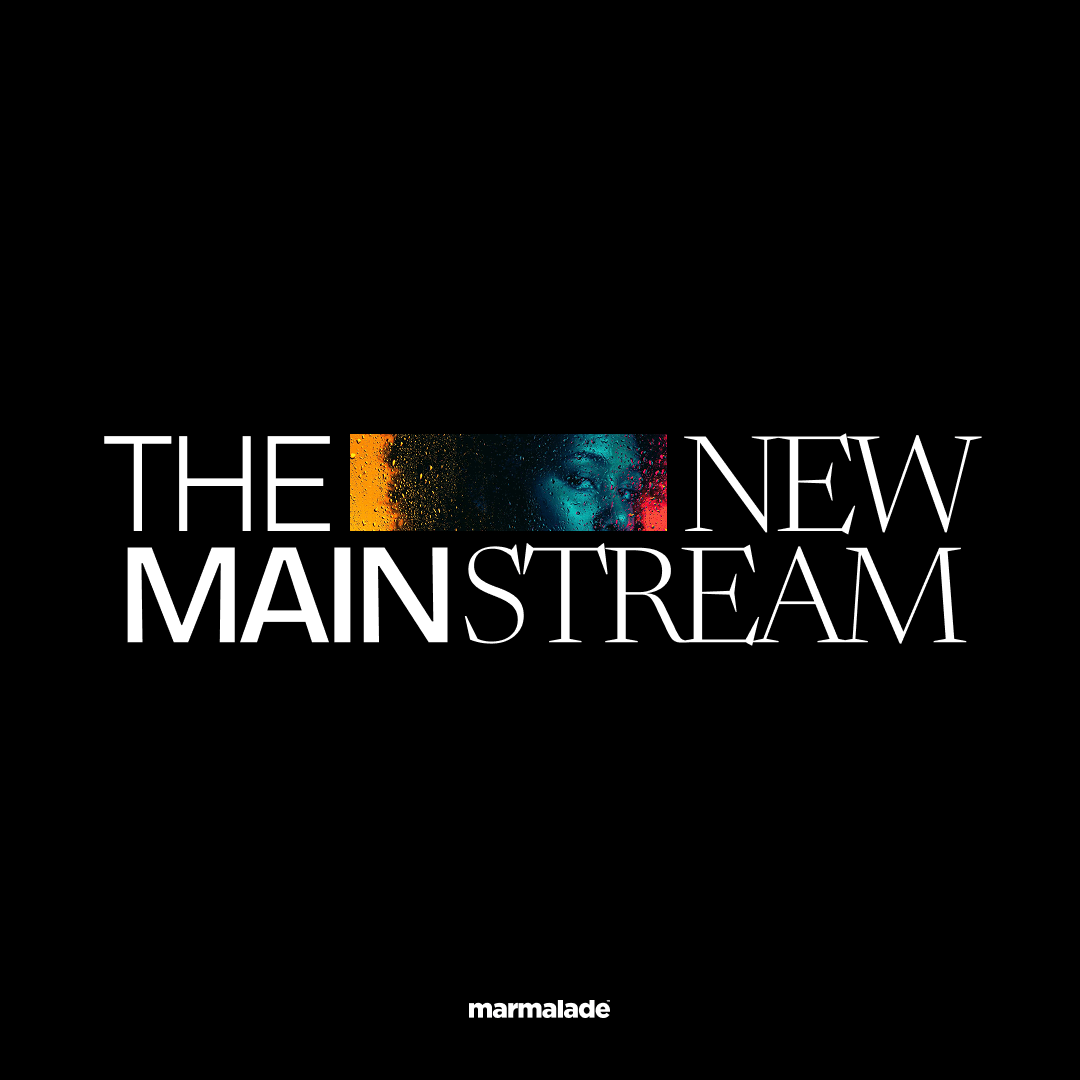
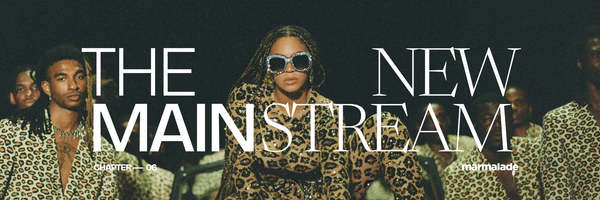
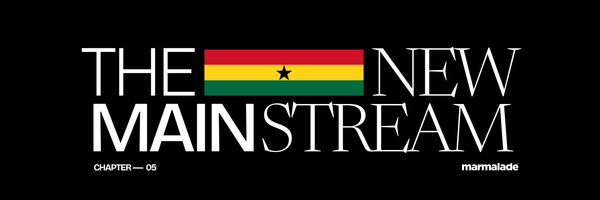
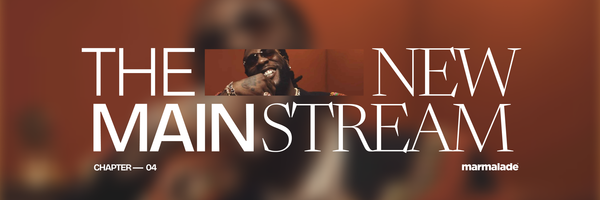
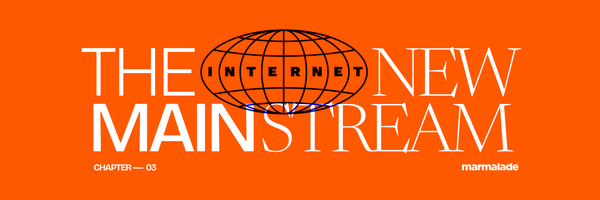
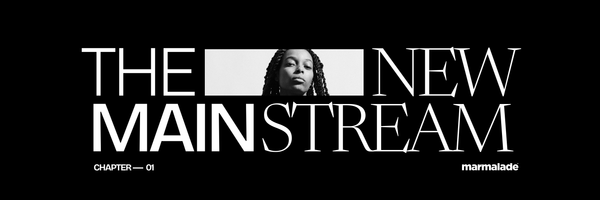
Member discussion